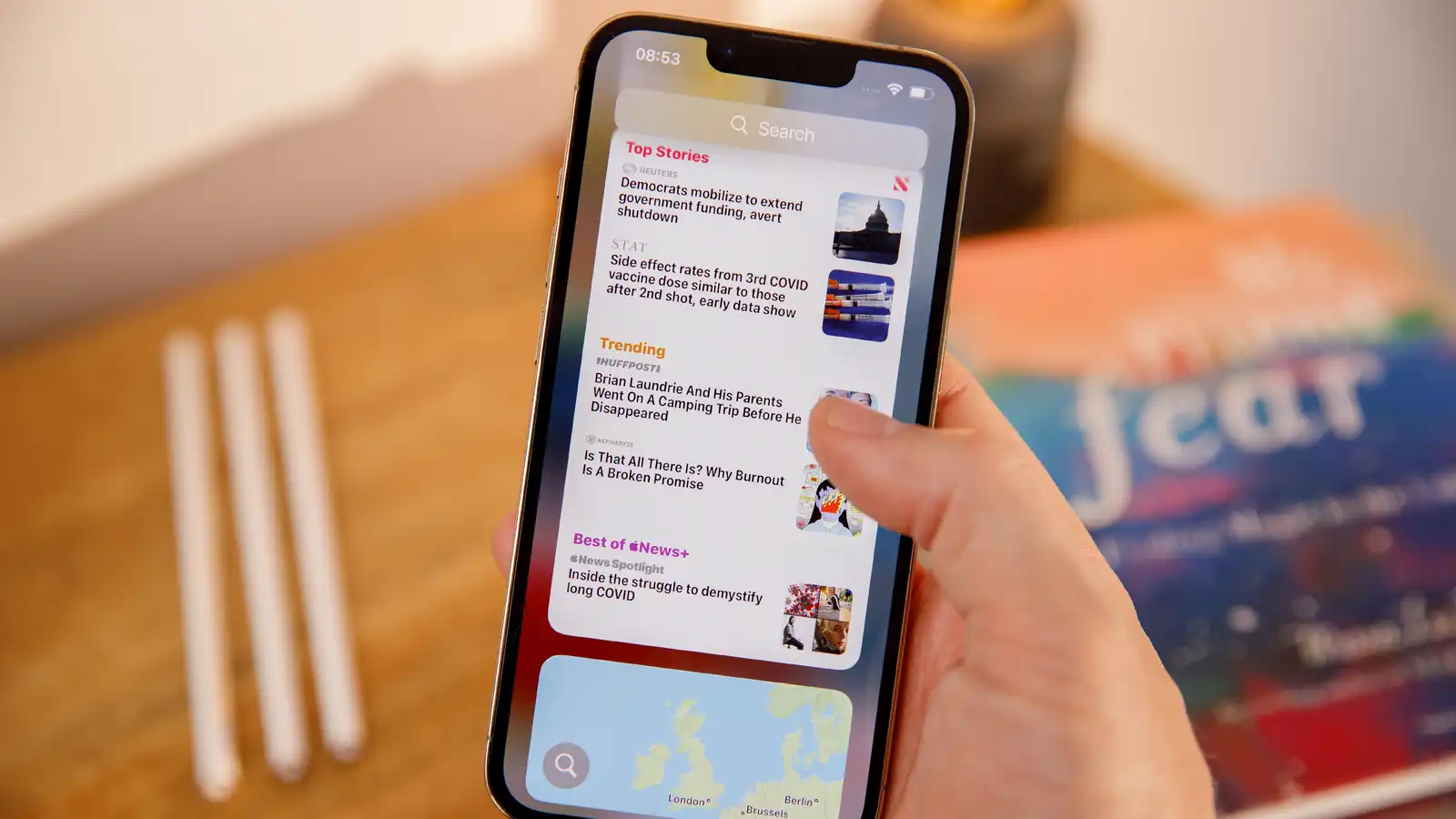The short answer is: no, iPhones and iPads don’t need antivirus software. However, while Apple’s iOS 18 is highly secure, that doesn’t mean your device is immune to all digital threats.
In fact, there are other types of risks that antivirus software can help mitigate, even if it’s not blocking traditional viruses.
Let’s dive deeper into why you don’t need antivirus in the conventional sense, but why security apps are still important for your iPhone or iPad.
How vulnerable is iOS?
Apple’s iOS operating system is designed with security in mind and its apps are restricted from interacting with each other or the core operating system.
This makes it extremely difficult for malware to penetrate the device. Additionally, Apple rigorously vets apps before allowing them into the App Store, further reducing the chance of malware spreading.
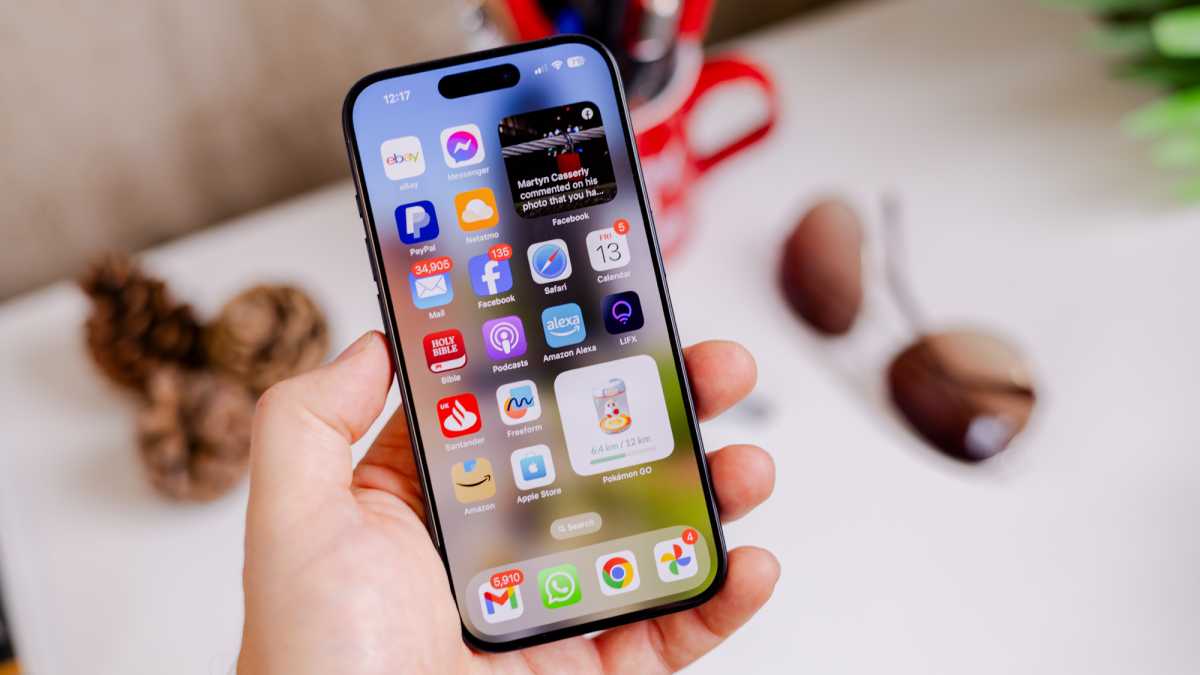
While iOS is considered very secure, human error remains a major weak point. Scammers and cybercriminals often exploit social engineering techniques, tricking users into handing over sensitive information such as passwords or payment details.
This is especially the case now that users in the EU can sideload apps that don’t originate from the App Store. While this gives more freedom and allows apps not otherwise available to be installed, it increases the risk of malware infecting the phone.
That’s why users should consider additional layers of protection.
When should you consider an antivirus app?
Though iPhones and iPads are highly secure against viruses, there are other types of threats for which an antivirus or a security app can be helpful.
Phishing attacks are a common concern. Scammers often send fake emails or text messages designed to trick users into giving up personal information or clicking on dangerous links. A good security app can detect and block these attempts, protecting you from falling victim to such scams.
Data leaks are another threat. If your email address or password is compromised in a data breach, hackers may attempt to use this information across other accounts in a practice known as credential stuffing. Security apps can alert you if your details are found on the dark web, giving you a chance to act before any damage is done.
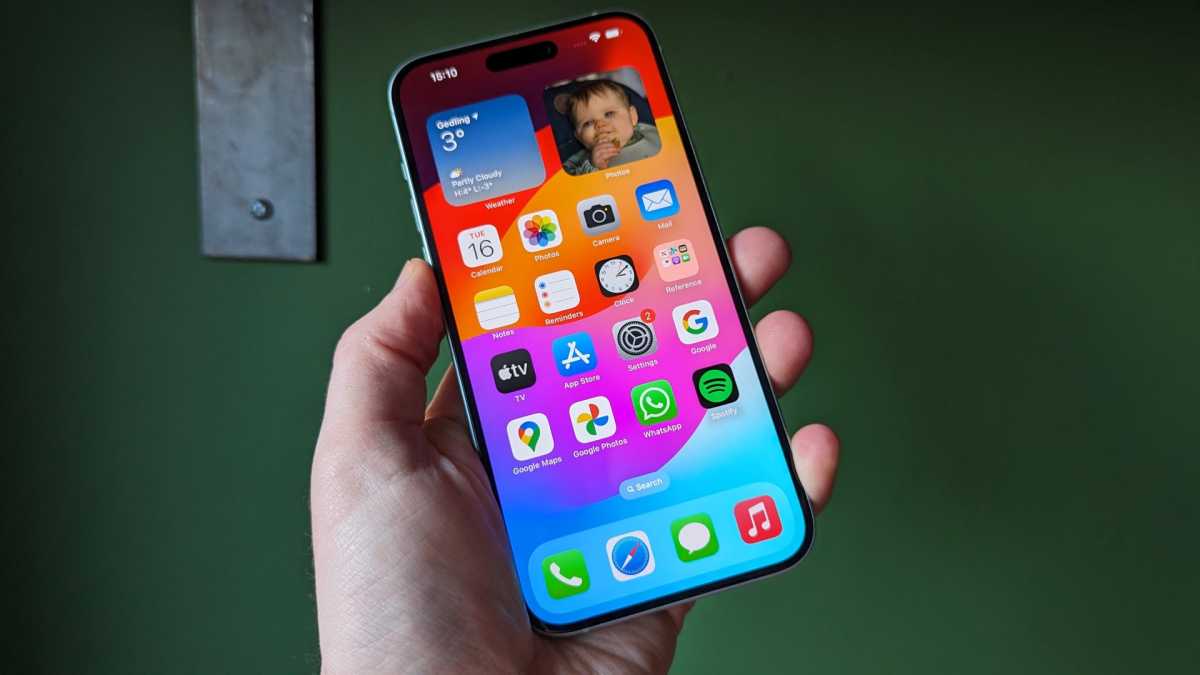
Unsafe websites pose additional risks as well. Some sites are designed to steal sensitive information like passwords or credit card numbers. Security apps can help by warning you before you visit these dangerous websites, adding an extra layer of protection.
Identity theft is a growing concern, and advanced security apps can help monitor your personal data, including Social Security numbers and credit card information. If any of this data is found online, the app can notify you, helping you to safeguard your identity before it’s too late.
Which antivirus app should I choose?
Although antivirus apps for iOS don’t fight viruses in the traditional sense, they do provide critical protections. Here are a few top security apps to consider:
- Avast One: A free option that includes a VPN, password protection, and scanning for unsafe websites. It’s an excellent starting point for users who want security without paying for premium features upfront.
- Norton 360: Mobile Security: Offers a comprehensive suite of tools, including phishing protection, VPN, dark web monitoring, and password management.
- McAfee Security: Includes similar features to Norton, including identity theft protection, safe browsing, and privacy monitoring.
Avast One will be the most tempting to most people as it’s free to use. Some features are either limited or locked away until you pay for it (read our Avast review if you want to know the details), but the free version still offers a lot for nothing.
A subscription to Norton can be purchased for just one iOS device, but it’s better value if you go for Norton 360 Deluxe which covers any five of your devices.
McAfee Security works in exactly the same way and requires a subscription to at least one device. But again, opting for a subscription to McAfee’s Total Protection (which covers five or 10 devices) works out cheaper per device.
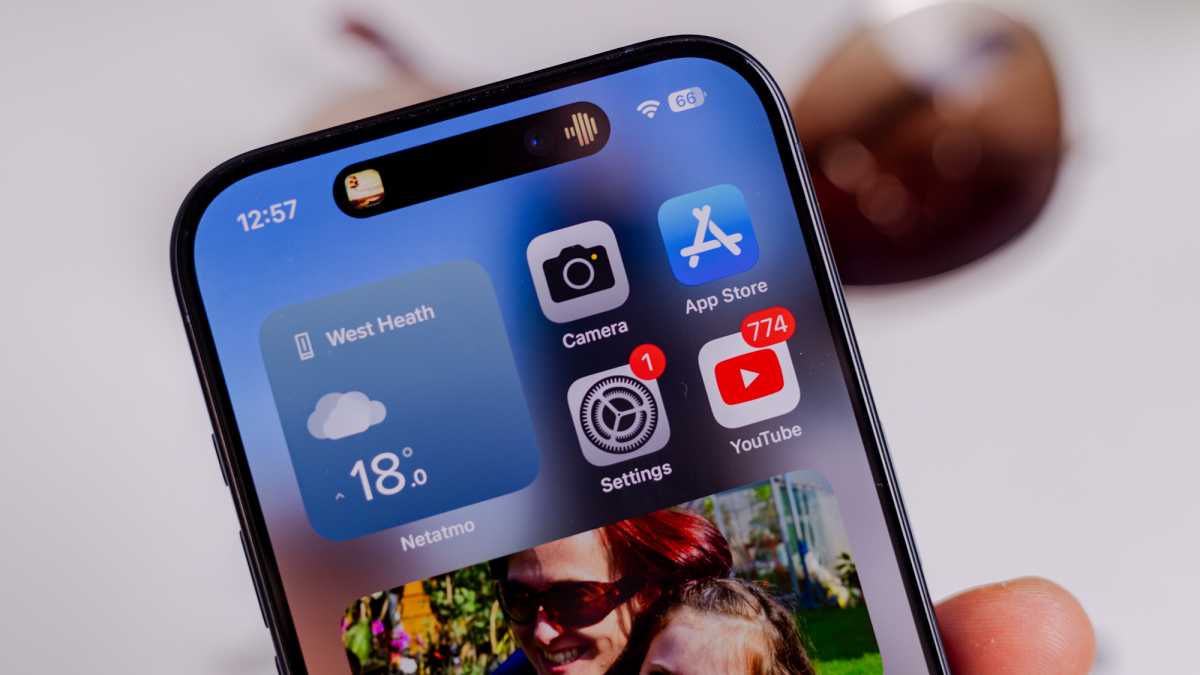
Each of these apps works across multiple platforms, so if you use Android, Windows, or macOS devices as well, installing the same app across all your devices can simplify your security management.
You can also check our list of the best antivirus software to find the one that best suits your needs.
How to protect my iPhone from malware?
There are several steps you can take to keep your iPhone secure, even without antivirus software:
- Keep iOS updated: Apple regularly releases software updates to patch security vulnerabilities. Follow our guide on how to update iOS and make sure to install these updates as soon as they’re available.
- Avoid jailbreaking: Jailbreaking an iPhone disables many of the built-in security protections, making your device far more susceptible to malware.
- Be careful with links: Don’t click on suspicious links in emails, messages, or social media. Always verify the source before interacting with any link.
- Use strong passwords: A cross-platform password manager can help generate and store strong, unique passwords for each of your accounts. This reduces the risk of a hacker accessing multiple accounts with the same credentials. iCloud Keychain won’t sync logins to your Windows laptop or any other non-Apple device you use, so that’s why a password manager is such a useful tool.
- Enable two-factor authentication (2FA): Many apps and services offer 2FA, which provides an extra layer of protection by requiring a second form of authentication before logging in.
- Use a VPN: Security apps like Norton 360 or Avast One include VPN features, which encrypt your internet traffic, keeping your data safe from prying eyes on public Wi-Fi. You can find more of the best VPN services in our dedicated article.
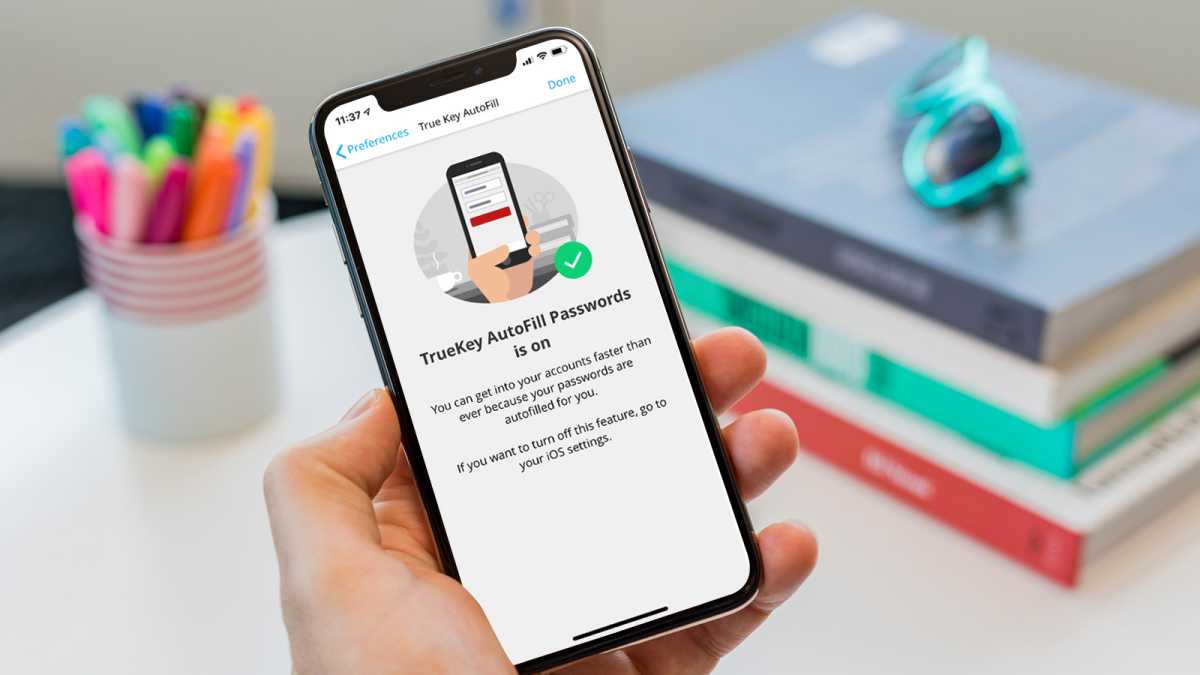
If you do suspect that your iPhone or iPad has been infected – whether it’s running slowly, showing unwanted pop-up ads, or redirecting your browser – learning how to factory reset your iPhone or iPad and doing it can often fix the issue.
Just be sure to read our guide on how to back up your data and do it regularly to make the process as smooth as possible. You don’t want to lose it all.
Is iOS antivirus necessary?
Traditional antivirus software isn’t necessary for iPhones or iPads. iOS is highly resistant to malware due to its security architecture and app vetting process.
However, that doesn’t mean you’re completely immune to other types of threats. Scams, phishing attempts, and identity theft remain concerns.
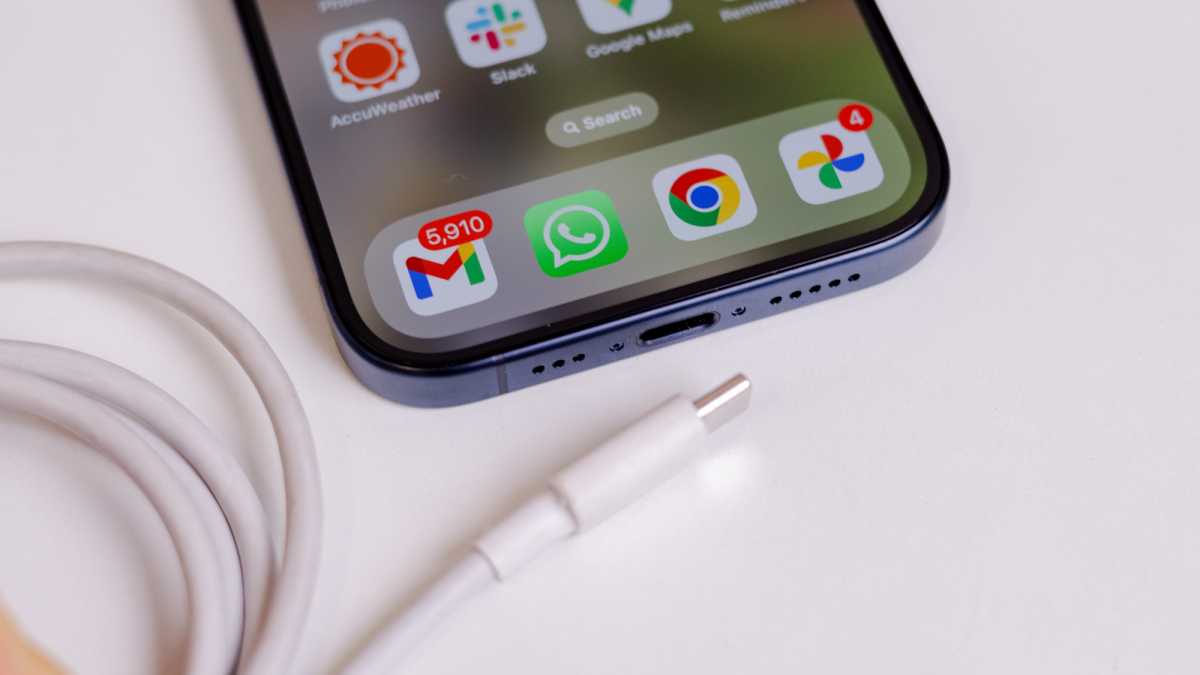
Security apps provide critical features beyond just virus protection. They can protect your identity, alert you to suspicious links, and even manage your passwords across multiple platforms.
In this sense, having a security app, rather than a pure antivirus, is a smart choice to protect your personal information and ensure your online safety.
You might also want to know if you need antivirus for Android.
FAQ
What’s the best antivirus for iPhone?
- McAfee Security
- Norton 360: Mobile Security
- Avast One
First, try not to call them antivirus apps. They’re security apps which add various protections on top of iOS. Avast One will be the most tempting to most people as it’s free to use. Some features are either limited or locked away until you pay for it (read our Avast review if you want to know the details), but the free version still offers a lot for nothing. A subscription to Norton can be purchased for just one iOS device, but it’s better value if you go for Norton 360 Deluxe which covers any five of your devices.
McAfee Security works in exactly the same way and requires a subscription to at least one device. But again, opting for a subscription to McAfee’s Total Protection (which covers five or 10 devices) works out cheaper per device.
Can an iPhone get a virus?
Technically, yes. But the chances of an infection is extremely slim, unless you’ve jailbroken your iPhone. If you don’t know what that means, don’t worry: your iPhone is safe. For a much more in-depth answer, go to our sister site, Macworld.
How secure is an iPhone?
Generally speaking, very secure. The biggest risk is you. If you fall for a scam asking for money and transfer funds from your account to the scammer, the security built into your iPhone isn’t much use. That’s why we still recommend installing security software which can warn you about dangerous messages and links.
Do iPads need antivirus?
Yes, for exactly the same reasons that an iPhone needs it. It won’t actually monitor for or block viruses, but there are so many other threats that it can protect you from that it’s well worth installing one of the apps we’ve recommended here.
What can I do to keep my iPhone secure?
Besides installing a reputable security app, keep it updated. Any potential vulnerabilities in iOS are usually fixed in the latest software update. This is one reason why you shouldn’t ignore the reminders that a new version of iOS is available.

